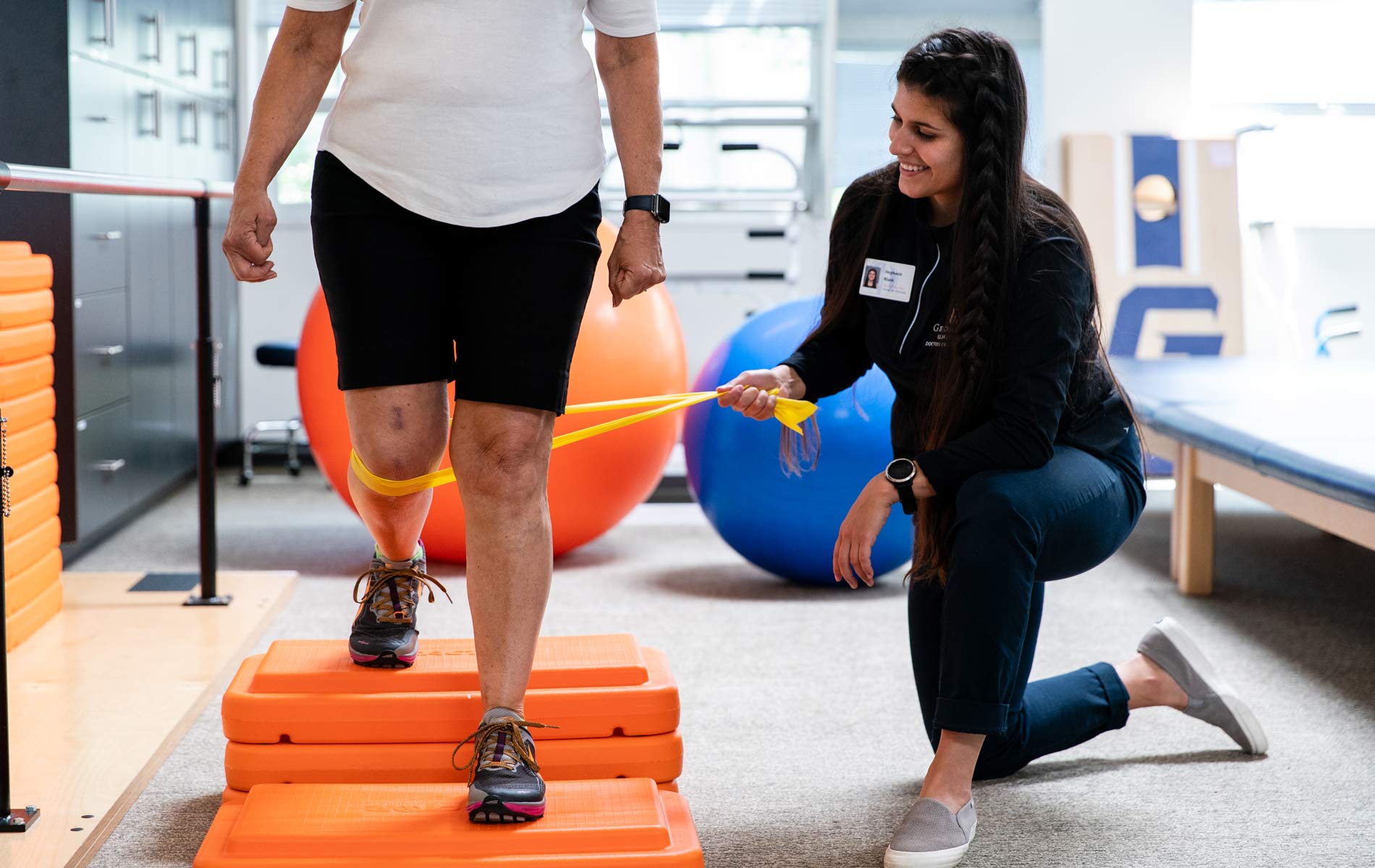Applying Cognitive Resilience to Improve Gains in Sports Treatment
Wiki Article
Mental resilience is an essential quality that can significantly improve results in physical rehabilitation. Sportspeople often grapple with injuries that necessitate time away from their training, which can be both physically and emotionally straining. Mental resilience refers to the ability to remain robust and optimistic in the face of obstacles. It helps performers adapt to the stress of healing, stay committed on their goals, and maintain drive throughout the healing process. By developing psychological strength, athletes can optimize their recovery experience and return to their discipline better prepared than before.

One key aspect of building psychological strength is setting realistic objectives. When individuals are recovering, it is crucial for them to have clear, achievable objectives during their healing. These milestones should be precise, measurable, reachable, meaningful, and deadline-driven (actionable) principles. For example, instead of saying “I plan to recover soonâ€, an athlete might set a goal like “I will follow my therapy routine three times weekly for four weeksâ€. This helps recovering individuals monitor their progress and keep their attention on what they can control, reducing feelings of disappointment or hopelessness.
Another crucial factor in developing inner strength is maintaining a uplifting mindset. Recovering individuals should practice encouraging inner dialogue and guided imagery to foster a supportive mental environment. Positive try this site self-talk involves replacing defeating thoughts with motivating statements. For instance, instead of thinking “I can’t do thisâ€, an athlete could tell themselves “I am making progress every dayâ€. Visualization can also be powerful; individuals can imagine themselves performing well in their discipline as they recover. These practices help build self-belief and reinforce the belief that healing is possible.
Support systems play a critical role in fostering emotional toughness during recovery. Individuals should remain engaged with motivating friends, loved ones, coaches, and medical professionals who understand the challenges of healing. Transparent dialogue with these trusted individuals allows athletes to express their feelings, worries, and setbacks. Additionally, sharing experiences with other patients can provide a sense of community and empathy that makes the journey easier. Knowing others have faced related difficulties can encourage hope and motivate athletes to persevere.
Finally, mindfulness practices can significantly improve an patient’s psychological well-being during rehabilitation. Present-moment focus involves being attentive of one’s internal dialogue and feelings without criticism. Practices such as guided mindfulness, deep breathing exercises, or yoga can help individuals manage tension and mental strain related to their injury. By incorporating present-focused practices into their everyday schedules, athletes learn to stay focused and focused on their recovery process, rather than dwelling on what they have been unable to do during their time off from activity. This method rehabilitation exercises for athletes promotes psychological balance and encourages a more positive attitude towards healing.